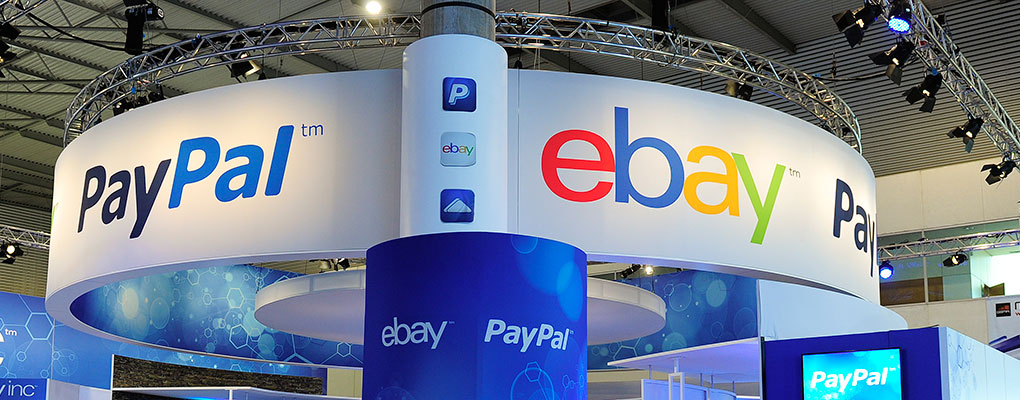
PayPal was warmly received by investors on its highly anticipated return to trading, after it split from its long-time partner eBay on July 17. Celebrating a new start as an independent, publicly traded company, the digital payment processor’s shares leapt 11 percent, 12 years on from its first days alongside eBay, with its market value in and around the $50bn region.
While PayPal was welcomed by investors, eBay’s stock fell as much as 4.7 percent on the first day of trading
“We embark on this new chapter with great confidence in our future. We’ve entered a time of unprecedented change that will revolutionise the role that money plays in people’s lives,” said PayPal’s CEO Dan Schulman in a public statement. “Right now, every aspect of commerce is being rewired on a global basis. The convergence of mobile technology and cloud computing is unleashing incredible opportunities to transform how people move and manage money, and how merchants and consumers interact and transact.”
Independent of its long-term partner, PayPal will embark upon the task of seizing market share from its smaller rivals, Apple and Square chief among them. Beginning in 1998, PayPal did much to drive the adoption of e-commerce, and the online and mobile digital payments market has since created an e-commerce market worth $2.5trn, according to E-marketer.
While PayPal was welcomed by investors, eBay’s stock fell as much as 4.7 percent on the first day of trading, as it struggles to come to terms with its stop-start e-commerce business. Whereas eBay is looking to secure a solid footing in its existing market, PayPal is looking to entirely new ones, and the mobile payments market promises to revolutionise the world of commerce.
“The potential for mobile technology to transform money extends beyond commerce. The vast majority of the world’s seven billion people lack access to even basic financial services,” says Schulman. “This makes the simplest transaction – receiving a paycheck, paying bills, sending money to a loved one – inconvenient and expensive. But in a world where five billion people have mobile phones, we also see an incredible opportunity to make a significant difference in people’s lives by putting the full range of financial services directly in their hands through their mobile devices.”


